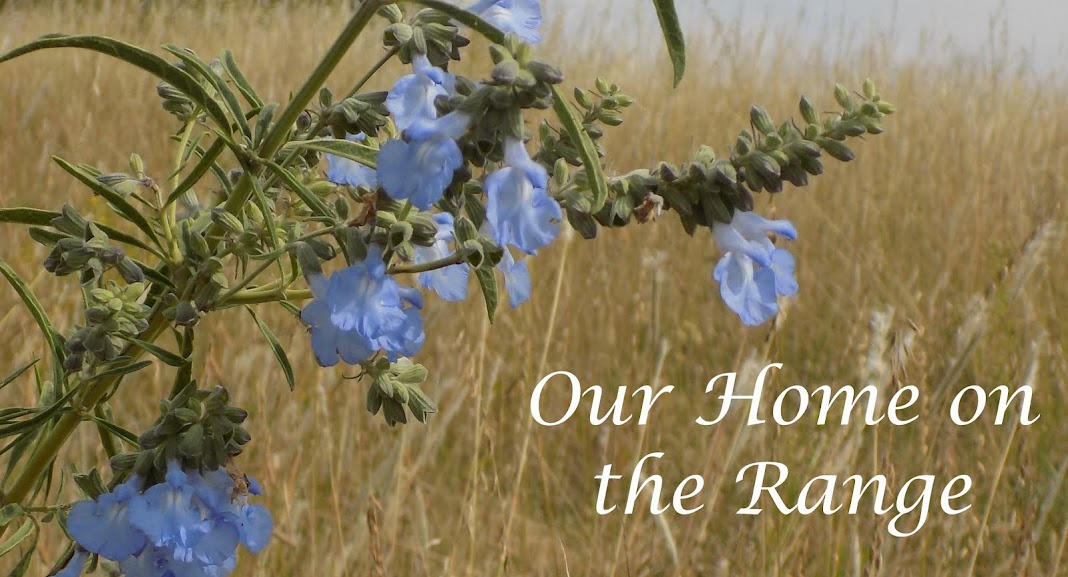by Henri J. M. Nouwen
edited and with a preface by Gabrielle Earnshaw
Nouwen is the author of
The Return of the Prodigal Son, which
I read and loved a few years ago. This book, a collection of letters Nouwen wrote to friends, acquaintances, readers, and petitioners, offered a chance to get to know the author better and to see development of his thoughts on different subjects like conflict, inter-personal relationships, and vocation.
The letters are organized chronologically (from December 1973 through 1996, the year of his death) and divided into three parts, following his vocation in life and his eventual decision to make his home at a
L'Arche community in Canada. The letters were selected because they all touch on "the spiritual life" but the subjects cover multitudes of subjects like marriage, ordination, the birth of children, new jobs, vocations, suicide, death, and divorce.
One of the most striking aspects of Nouwen's letters is his gracious recognition of the gift of the sharing of a soul through the letter he received and to which he is responding. Nearly every letter in this volume begins with a thankfulness to the recipient for the story he or she shared, the fear or loneliness. Nouwen didn't always offer advice in particular situations (though always
always he counsels time set aside for regular quiet prayer); it wasn't about solving problems. It was about acknowledging other people for who they are and what they were experiencing. We don't write many personal letters today and perhaps electronic communications discourage such thoughtful introductory paragraphs when we respond to a query, but it occurred to me that I could adjust my own attitude, not only in writing but in person, by outwardly recognizing the vulnerability of others. I'm not exactly certain what this would look like in conversations, but I hope it stays on my mind.
I copied a great many quotes from Nouwen's letters into my commonplace book. For those who are struggling in just about any way, there are bits and pieces throughout this book that will comfort or challenge. Responding in 1981 to a man fearful of nuclear holocaust and war, Nouwen wrote:
But important for me is not if our civilization will survive or not but if we can continue to live with hope, and I really think we can because our Lord has given us His promise that He will stay with us at all times. He is the God of the living, He has overcome evil and death and His love is stronger than any form of death and destruction. That is why I feel that we should continually avoid the temptation of despair and deepen our awareness that God is present in the midst of all the chaos that surrounds us and that that presence allows us to live joyfully and peacefully in a world so filled with sorrow and conflict.
Nouwen championed social justice, peace, forgiveness, and unity throughout his life. He often spoke at social justice conferences and corresponded with those working for social justice throughout the world (especially Central and South America).
Working for social change, to me, means to make visible in time and place that which has already been accomplished in principle by God Himself. This makes it possible to struggle for a better world not out of frustration, resentment, anger or self-righteousness but out of care, love, forgiveness and gratitude.
Nouwen was a Catholic priest who studied psychology and taught at Notre Dame, Harvard, and Yale. (You can read more about him on the
Henri Nouwen society website.) He was also a homosexual, though lived a chaste life (as far as I know). His correspondence in the book includes kind and encouraging letters to homosexual men living with partners or hoping for life-partners. So this book has the ability to alienate traditional Catholics and strident atheists both.
There is a particularly moving letter written in February 1993 to young participants at a social justice weekend at which he was invited to speak but declined. (You can find it on pages 307-308.) Near the end he writes:
We have to do any possible thing to heal these wounds of injustice, whether in Europe, North America or Africa, Asia and Australia. But we have to do this not in a spirit of fear, panic or alarm. We need to work for justice in the deep knowledge that Jesus has already overcome the world and that all our actions flow forth from this spiritual knowledge. This spiritual knowledge will grow deeper in us when we remain faithful to a life in community always dedicated to care for the poor. There you will find true joy and peace and this joy and peace will help you to discern where and how to make your life a life for justice in this world.
Later, he writes a lovely response to a woman interested in the doctrine of purgatory.
The doctrine of purgatory is a doctrine to assure us that God will fulfil our deepest desire to be united with him even when our heart is not totally pure yet. God will then offer us this purification. So it has very little to do with punishment. It is an expression of God's infinite desire to unit himself with us, and in that sense, as a doctrine, purgatory offers consolation and help.
Nouwen was often intense and depended heavily on his friends. Based on the letters, it was sometimes difficult to meet his needs. On the other hand, his letters also show a great compassion for others and a tendency on his part to overextend himself in service to others.
The news today is as terrifying and distressing as it was in Nouwen's day. His letters offer the same consolation and peace he preached during his life.
I received this book for free from Blogging for Books for this review. The opinions above are my own. The links in this post are not affiliate links.







